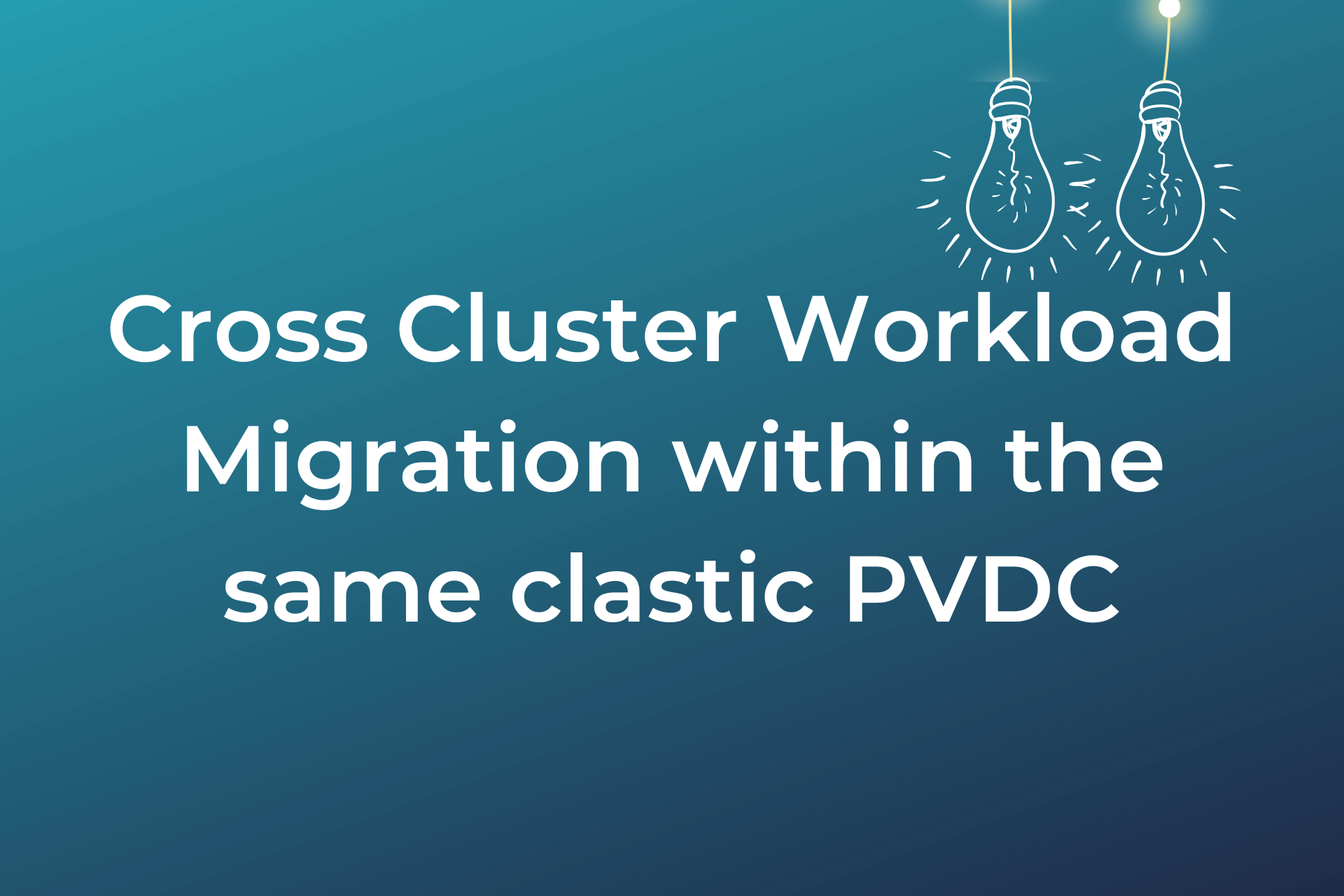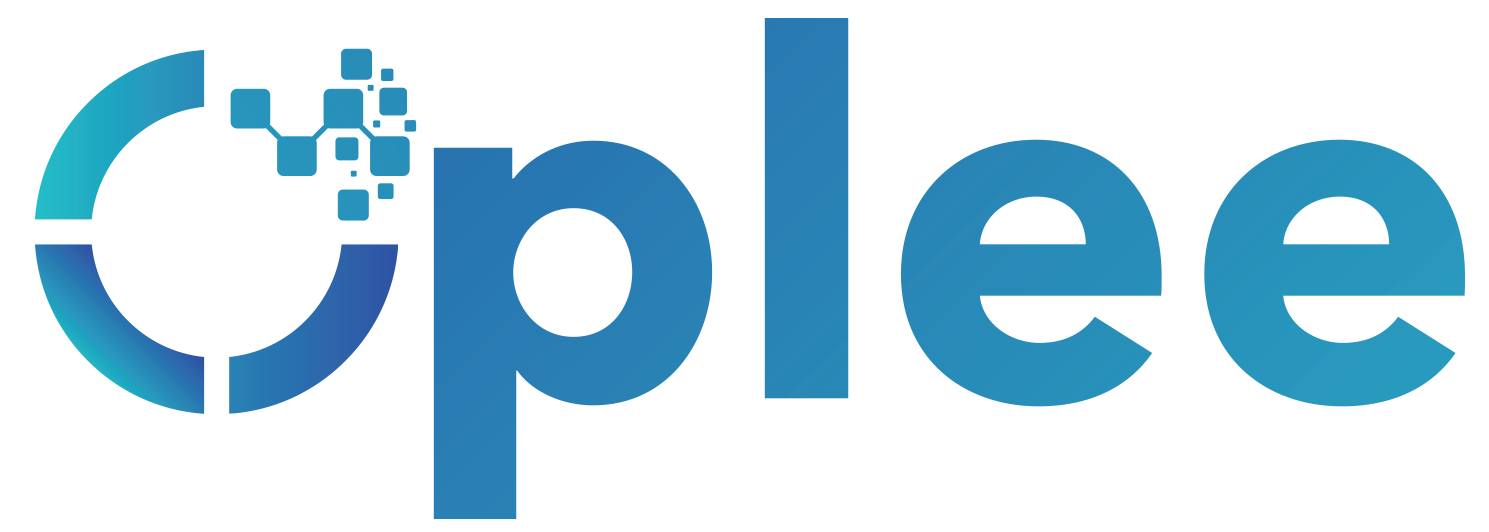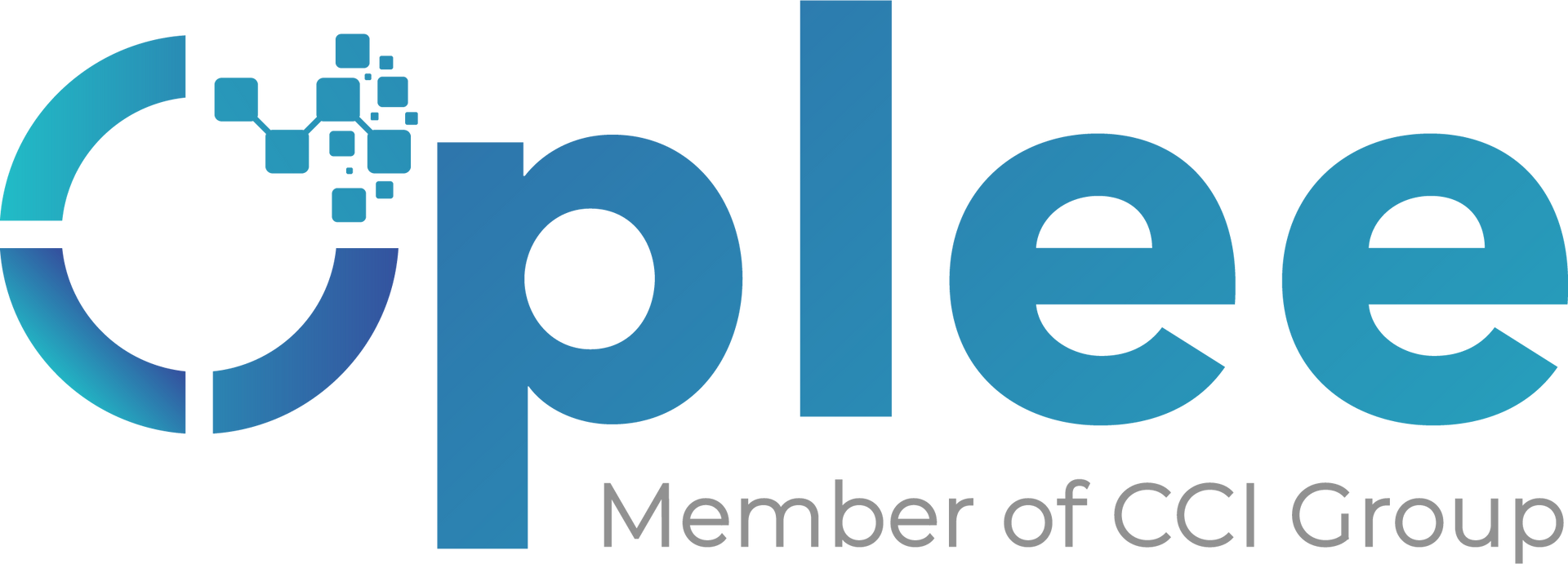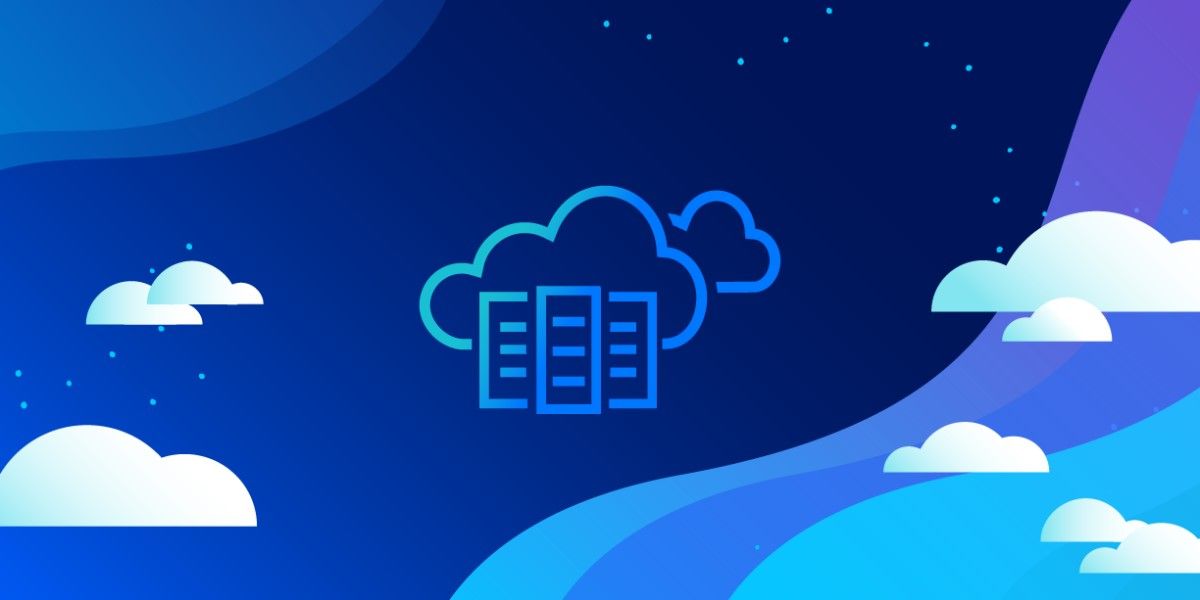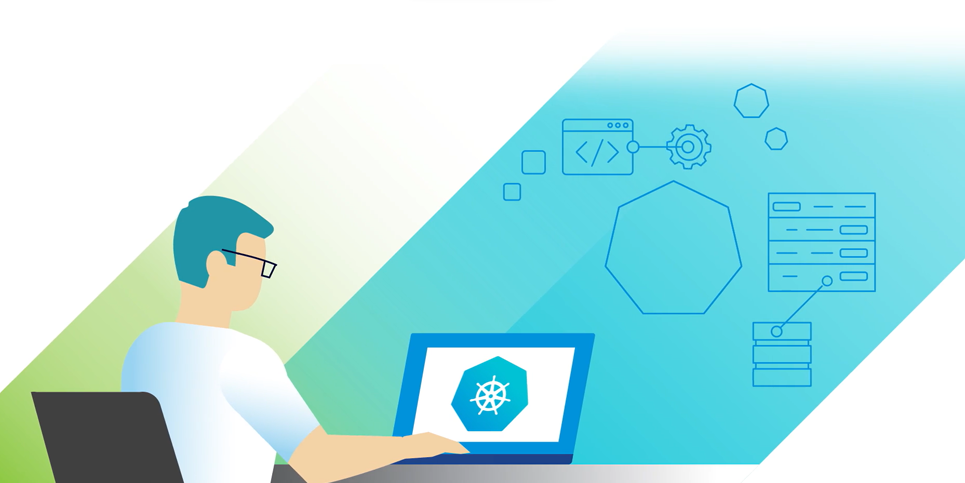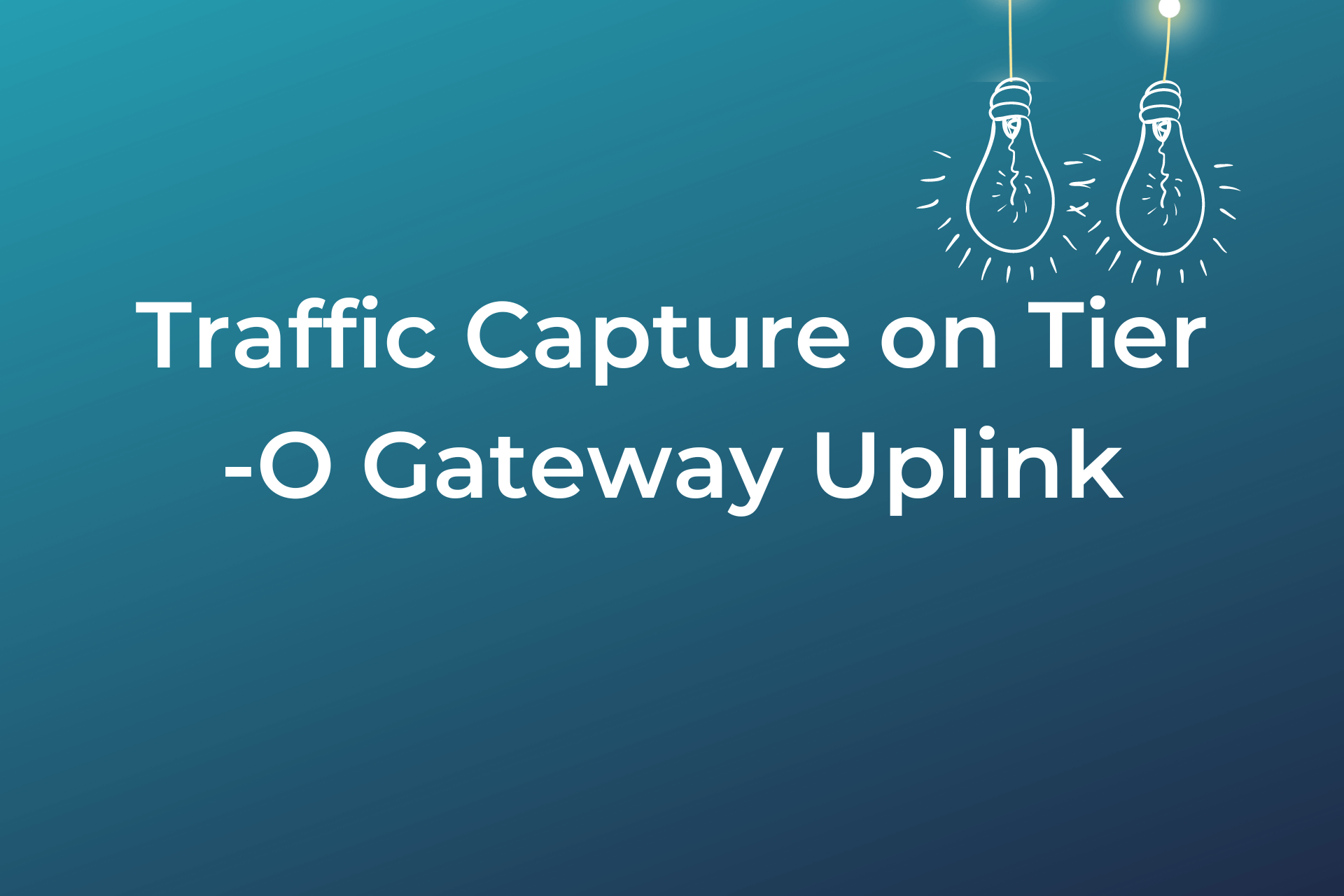Business Central Towers, Tower A, Office 1703, DIC, Dubai, UAE
Optimize your Microsoft Azure DaaS budget with the new Horizon Cloud on Azure Standard Subscription.
Optimize your Microsoft Azure DaaS budget with the new Horizon Cloud on Azure Standard Subscription.
Omnissa announces Horizon Cloud on Microsoft Azure Standard Subscription, a cost-effective and scalable desktop as a service (DaaS) offering designed to simplify virtual desktop and application delivery. The offering allows customers to use Horizon Cloud on Azure to deliver optimized single-session VDI desktops or multi-session RDSH (Remote Desktop Session Host) desktops and apps, while streamlining management and modernizing app delivery. Furthermore, Horizon Cloud on Microsoft Azure offers a superior, personalized end-user experience that boosts productivity and satisfaction with end-users. Let’s take a closer look.
Flexible Desktop and App Configurations
Horizon Cloud on Azure Standard Subscription allows IT to choose between single-session and multi-session configurations for VDI and RDSH. Single-session VDI gives each user a dedicated virtual machine, which provides efficient resource utilization, personalized experience, and enhanced security. For single-session VDI, IT can offer end users dedicated/persistent and floating/non-persistent desktops. Multi-session, also known as RDSH, provides both published desktops and published applications that are available as shared sessions from a virtual machine, allowing multiple users to share resources leading to reduced costs.
Streamlined Management with the Horizon Control Plane
Managing virtual desktops and apps in any cloud and across data centers can be challenging, but the cloud-hosted Horizon Control Plane simplifies it with a suite of next-gen SaaS services for unified management of Horizon deployments, including Horizon Cloud on Azure. The Horizon Control Plane provides various management services like app and image management, power management, unified brokering, and monitoring.
- The Image Management Service automates the image publishing process, making it easier to replicate and scale images across single and multi-cloud environments.
- Dynamic power management automatically adjusts resources based on demand, reducing compute costs. Instead of paying for desktops based on powered-on capacity, regardless of if they’re being used, IT can control how desktops are provisioned and deprovisioned based on user load or schedules.
- Unified brokering allows users to seamlessly access virtual desktops and apps through a single URL, using intelligent routing that considers available capacity, location, and user preferences.
- For monitoring, Omnissa Intelligence (included with this Horizon Cloud on Azure Standard offering) and Experience Management for Horizon (available as an add-on to this Horizon Cloud on Azure Standard offering) provide IT teams with insights into end-user experiences, helping identify issues and improve performance.
These are just some of the comprehensive set of services on the Horizon Control Plane that help IT teams simplify management of their Horizon environments.
Modern App Delivery with App Volumes
Traditional app lifecycle management in virtual desktop and app environments is often complex and time-consuming. To reduce complexity and time, Horizon Cloud on Azure Standard Subscription includes App Volumes and Apps on Demand, available directly from the Horizon Control Plane. App Volumes improves application delivery by allowing IT to package applications once and deploying them across Horizon 8, Horizon Cloud, and even other virtual desktop and app solutions. IT can use App Volumes to separate app management from OS management and therefore reduce the number of OS images being managed. App compatibility is no longer an issue as App Volumes supports diverse app formats that can be delivered anywhere. With Apps on Demand, IT can further reduce lifecycle management, time and infrastructure costs by delivering apps to users when they need them, not if they need them.
Exceptional User Experience
To provide a great user experience, Horizon Cloud on Azure desktop and app experience can be optimized via the Blast Protocol, personalized with Dynamic Environment Manager (DEM), and accessed using Workspace ONE Intelligent Hub.
- With the Blast Protocol, end users get an immersive display experience with high-fidelity visuals, high quality audio and video, robust GPU support, and security features like screen capture blocking. Thousands of peripherals are supported to meet industry-specific requirements, like credit card readers for retail or tap-and-go secure sign-in readers for healthcare.
- DEM simplifies profile management and personalization through dynamic policy configuration, combining the ease of managing application and persona settings while providing consistent and personal desktop experiences.
- Users can access desktops and apps directly from Workspace ONE Intelligent Hub, which offers a unified app catalog with SSO to published apps, packaged apps, SaaS apps, virtual desktops, and web links.
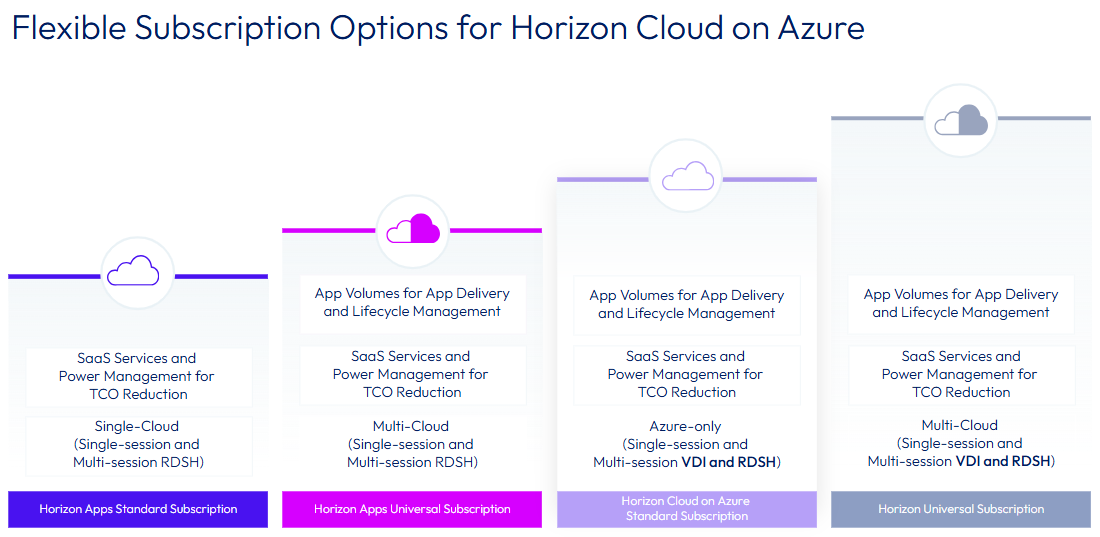
Figure 1. Horizon Cloud on Azure entitlement is available through various options, including the new Horizon Cloud on Azure Standard Subscription offering.
As a DaaS solution managed by Omnissa and deployed on Azure, Horizon Cloud on Azure shifts the responsibility of infrastructure management to Omnissa, while providing the desktop and app scalability needed to grow with ease. While several options are available to get entitlement to Horizon Cloud on Azure, the new Horizon Cloud on Azure Standard Subscription is a great entry point to get started with DaaS on Azure. At just $9 user/month (with an option also available for concurrent users) customers can take advantage of all the services in the Horizon Control Plane to streamline management, leverage App Volumes to reduce app management costs, and provide exceptional experience to their users.
